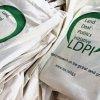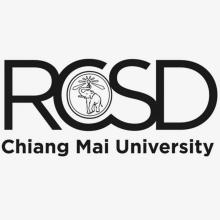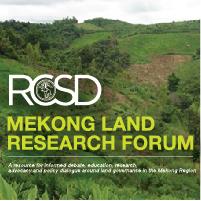Resource information
Over the last decade, the highlands of Ratanakiri province in northeastern Cambodia have witnessed massive land acquisitions and profound land use changes, mostly from forest covers to rubber plantation, which has contributed to rapidly and profoundly transform the livelihoods of smallholders relying primarily on family-based farming. Based on village- and households-level case studies in two districts of the province, this paper analyses this process and its mid-term consequences on local livelihoods. We first look at who has acquired land, where, how and at what pace. The whole range of stakeholders – large-scale companies but also medium-scale ones, in-migrant households, and indigenous populations who also engaged into land acquisitions – is taken into account. The location and timing of acquisitions shows that the numbers of hectares at stake do not say much on the magnitude of assets lost and the consequences for local populations. Land transactions are not always immediately synonymous with the occupation of land; and it takes time for companies to plant thousands of acres they have acquired. Second, we analyse the mid-term - over 5-7 years - transformations of livelihoods, including households’ responses to new constraints and opportunities, and attempts to resist land acquisitions. The economic environment, in which local populations have to reorganize their livelihoods, has drastically changed. New opportunities have arisen with crop booms, stronger urban-rural interconnections and market development, but only few people can take advantage of these as they lack capacity to operate on the market. Indigenous families are increasingly in search of non-farming and off-farm activities, but this transition is hampered by the arrival of in-migrants who seize the majority of the new opportunities in trade, services and jobs. Third, social differentiation among families is analysed with respect to land assets, economic activities and capacity to engage into rubber. A typology of livelihood transformation shows that for the majority of the population, farming-based livelihoods do not provide anymore enough to meet family needs. Recent land assets changes show that social differentiation is increasing both between native and non-native, and among the different social groups. Insofar, populations have been left with some land, but areas planted with rubber trees are increasing, companies and family-entrepreneurs continue to try to expand their land holdings, and the flow of in-migrants is continuing. As space left to families is consequently shrinking, and because they are unlikely to diversify enough their livelihood systems with non-farming occupations or salary work, the majority of indigenous populations seem concerned in livelihoods that are not anymore sustainable if they only are local.






